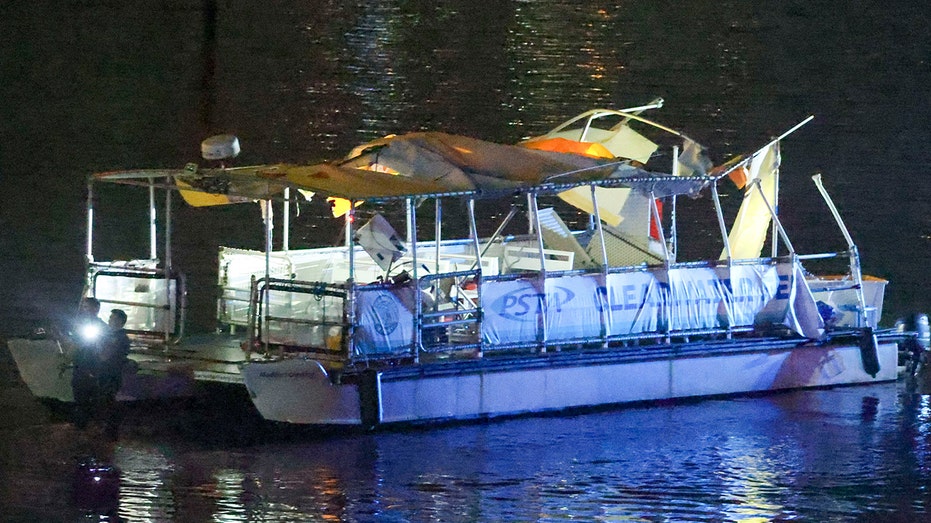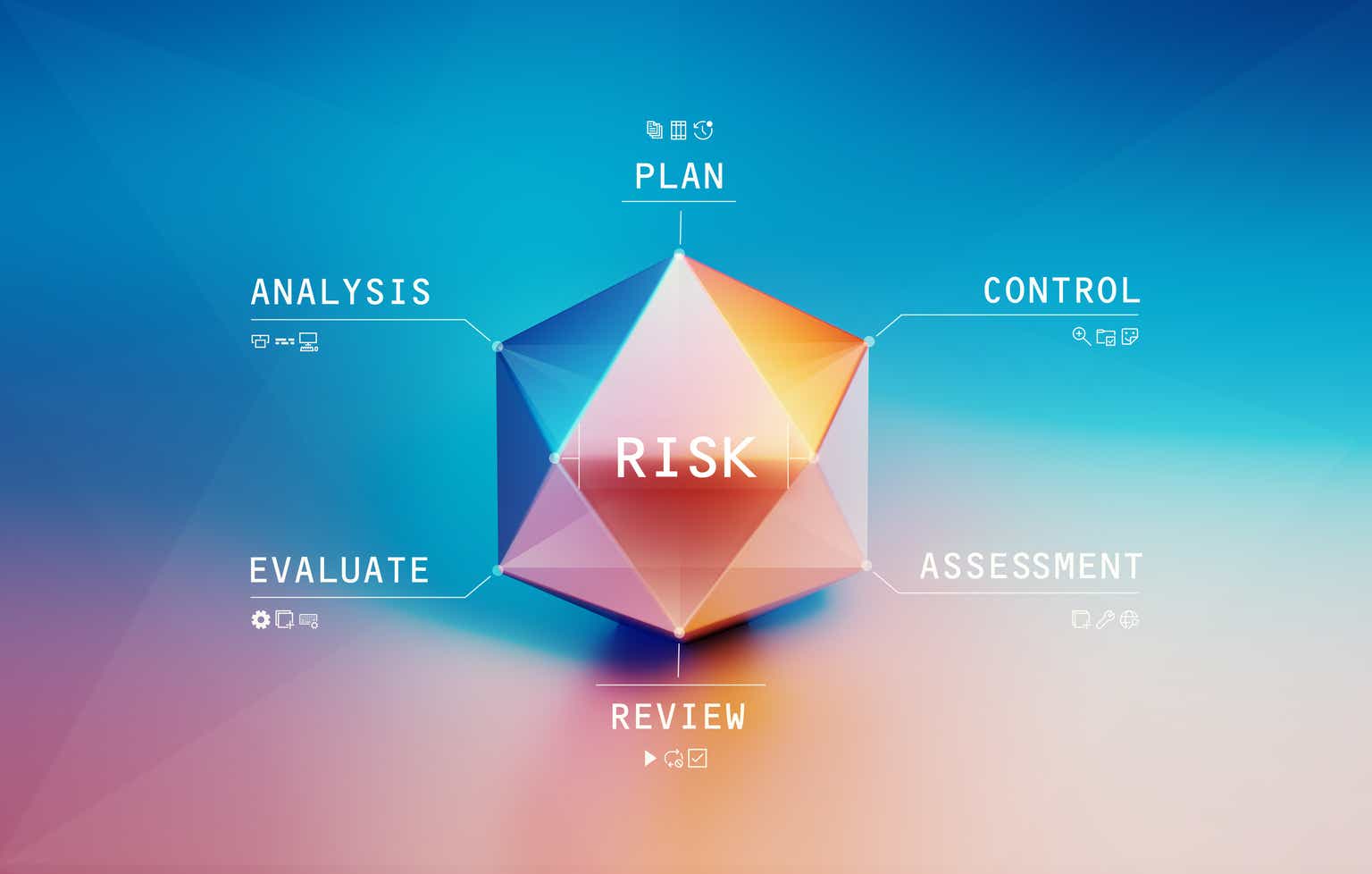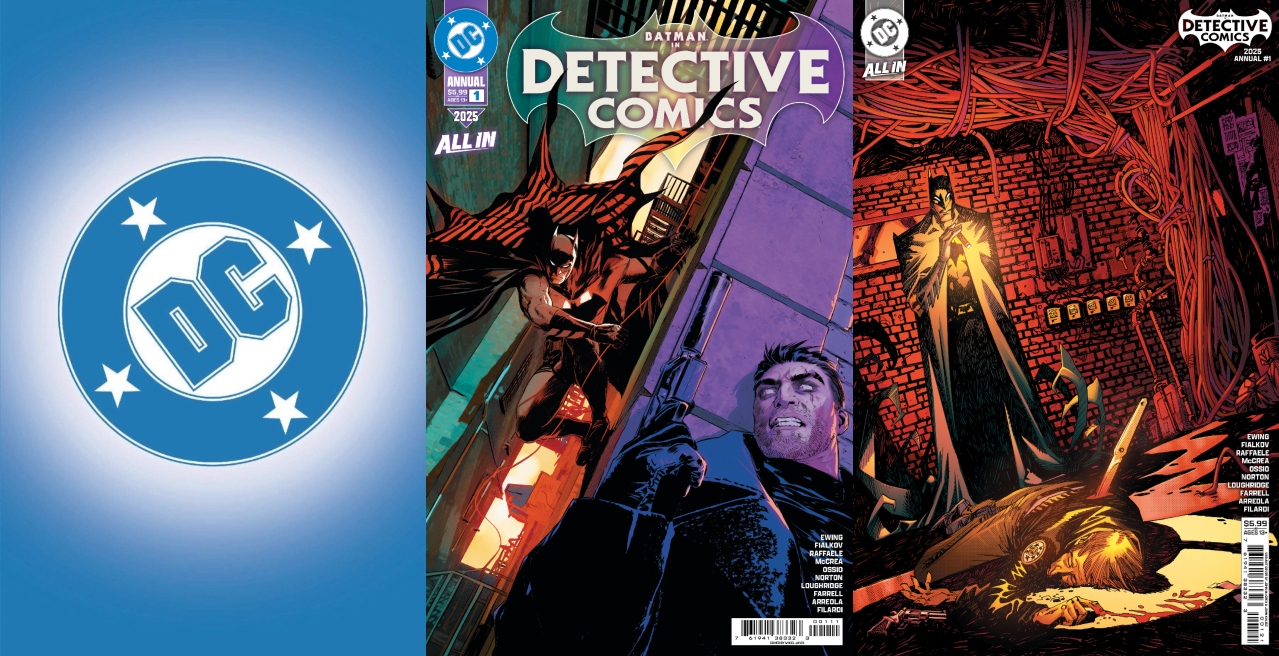America is not prepared for drone warfare in the homeland — yet
In the case of potential drone strikes against the cartels, a predictable response would be that the cartels retaliate with their own version of drone warfare.

Earlier this month, the White House announced it would consider drone strikes against Mexican drug cartels. Although it is important to keep options open when dealing with viable threats, we must also remember that in military planning, the enemy gets a vote.
Stated plainly: We must consider how the enemy will respond to our actions. In the case of potential drone strikes against the cartels, a predictable response would be that the cartels retaliate with their own version of drone warfare.
Cartels are already using drones daily to track the movements of American law enforcement agents at the border and to transport contraband into our country. We also know that cartels have shown a willingness to weaponize drones and have used them to attack law enforcement, the Mexican National Guard and criminal rivals within Mexico.
Given this, it seems likely the cartels would retaliate with drone strikes of their own, which invites the question: Are we ready for such a scenario?
A similar question was recently raised in a March inter-agency letter penned by Reps. John McGuire (R-Va.) and Juan Ciscomani (R-Ariz.) to the Federal Aviation Administration, Department of Justice, Federal Communications Commission and Department of Defense. The authors noted that, in a recent congressional delegation to the southern border, personnel on the ground shared their concerns regarding their ability to defend themselves should the cartels attempt a drone attack.
Unfortunately, the ability to defend against drone attacks from any enemy, foreign or domestic, is severely hampered by a legal framework that has lagged behind this emerging threat. It turns out there is a complex web of federal laws that criminalize efforts to damage, disable or even detect or track drones.
While Congress has carved out some ability to conduct drone detection and mitigation activities, this limited authority has only been extended to a select few federal government departments. State and local governments, not to mention private businesses and individuals, are almost completely stifled in their ability to protect against drone threats.
Federal criminal laws that apply to protect traditional aircraft are also interpreted to apply to protect drones. Therefore, someone who damages or disables a drone would theoretically be guilty of violating the Aircraft Sabotage Act, just as if a 737 were attacked. Interfering with a drone may also violate the Aircraft Piracy Act, the Pen Trap statute, Wiretap Act, Computer Fraud and Abuse Act and prohibitions on GPS interference.
Currently, the only entities statutorily allowed to conduct counter-drone activities, notwithstanding other potentially applicable laws (such as those mentioned above), are the Departments of Justice, Homeland Security, Defense and Energy. However, even these agencies are mostly only allowed to engage in limited mitigation activities to counter drones presenting a credible threat to designated facilities or assets.
State, local, tribal and territorial leadership and law enforcement have not been granted authority to conduct such counter-drone operations.
Even if federal departments had broader authority to conduct counter-drone activities on American soil, such agencies would not have the resources to protect the expansive area of the country’s 55 states and inhabited territories.
A good first step to fix this problem would be a legislative update to clarify that statutes like the Aircraft Sabotage Act do not apply to unmanned aircraft. It is also imperative to empower non-federal entities to partner with law enforcement and federal agencies in a mutually supportive effort to address drone threats.
Until such legislation can be enacted, it would be helpful to have an executive order guiding agencies on how to interpret applicable laws and exercise enforcement discretion. The goal of such a directive would be that law enforcement, at the federal level and below, could feel secure in their ability to engage drones presenting a credible threat without fear of being prosecuted.
In the end, the potential for nefarious drone activities by cartels or other bad actors necessitates a robust counter-drone framework.
Alongside legislative and policy changes allowing both federal and non-federal entities to contribute to counter-drone efforts effectively, it is essential to educate potential stakeholders in conducting counter-drone operations in collaboration with the appropriate governmental entities. Such education should cover legal considerations, operational procedures, technology utilization, communication protocols, counter-drone devices and activities’ potentially adverse secondary effects.
These steps could go a long way in addressing the drone threat in a responsible manner, and thus enhancing domestic security and response capabilities.
C. Carter Lee is a Virginia attorney. He is also a colonel in the Virginia National Guard, serving as the state judge advocate.









































































